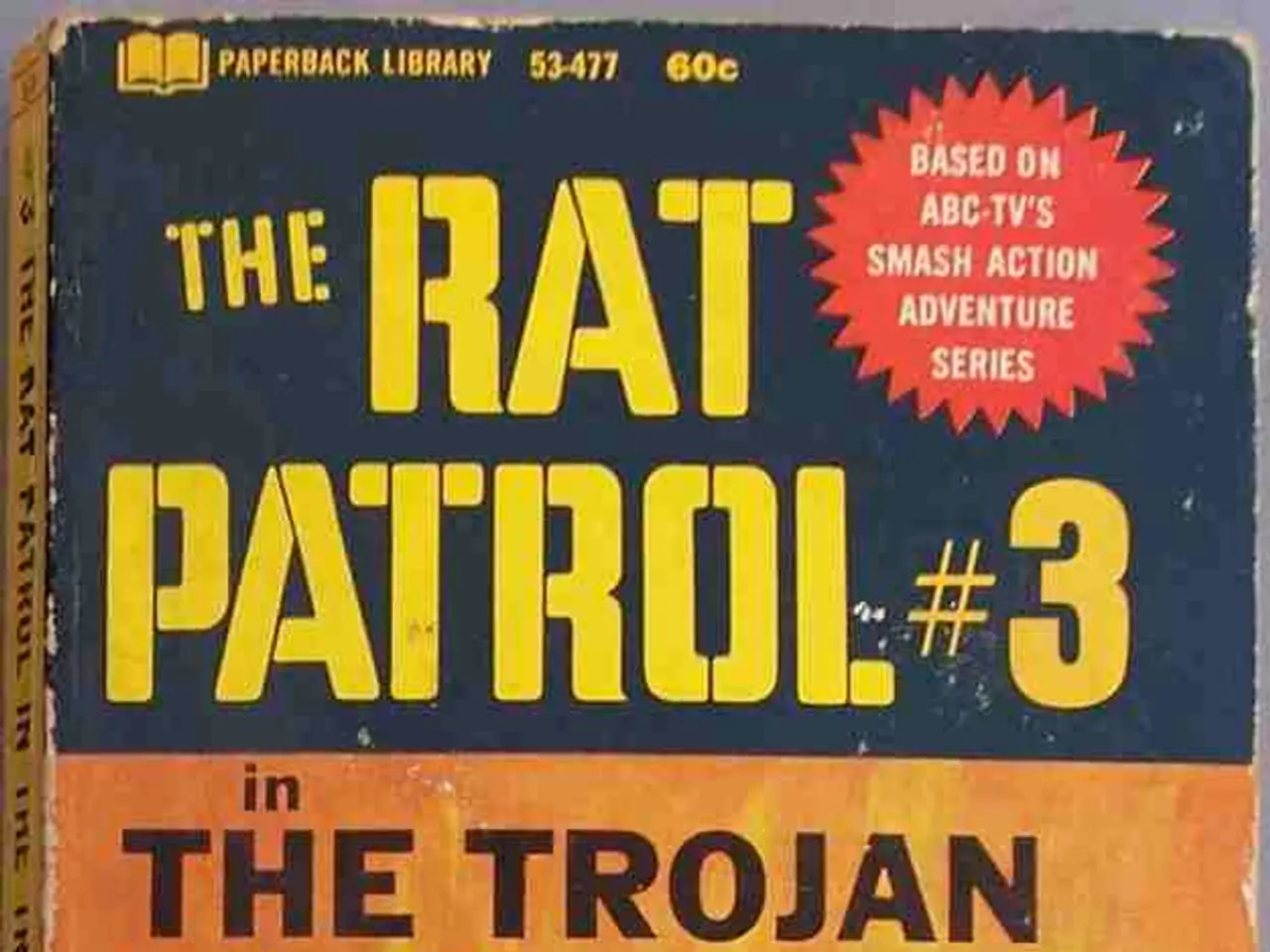Europe requires a distinct Ukraine strategy, according to military expert Masala.
In the aftermath of the Ukraine summit between US President Donald Trump and Russian counterpart Vladimir Putin, Europe has adopted a comprehensive strategy to pursue a durable and just peace in Ukraine. This strategy, as outlined by military expert Carlo Masala, emphasizes a long-term Black Sea security framework, reliance on U.S. security guarantees, coordinated sanctions and accountability measures, diplomatic negotiations aimed at preserving Ukrainian sovereignty, and maintaining European unity and influence in shaping peace.
The EU unveiled its Black Sea strategy in May 2025, marking a shift from a reactive posture to a more proactive and strategic engagement in the region. This strategy underscores the EU’s recognition of the Black Sea’s critical geopolitical role and the necessity to counter Russian aggression robustly. The strategy serves as a goodwill foundation for long-term security efforts connected to the Ukraine conflict.
European leaders see durable peace requiring strong security guarantees, which critically depend on U.S. involvement. Without U.S. security guarantees, ceasefires or peace agreements with Russia, especially under Putin, will be unstable. These guarantees are intended to ensure Ukraine's sovereignty and freedom to join international organizations such as the EU and NATO. The participation of the U.S. is seen as game-changing, with Europe actively engaging Trump’s administration ahead of and following their summit dialogue to shape outcomes and avoid detrimental deals.
The EU continues to prioritize a diplomatic solution that protects Ukraine’s independence and territorial integrity, supported by sustained sanctions and accountability measures against Russia. Recent efforts include multiple rounds of sanctions and the initiative to create a Special Tribunal for the Crime of Aggression against Ukraine. The EU and its partners coordinate closely to ensure any easing of sanctions on Russia would only happen in a context of a sustainable peace deal that respects Ukraine’s security interests.
Discussions accept the possibility that territorial concessions may become more acceptable if Ukraine’s sovereignty and security are meaningfully guaranteed. This pragmatic element seeks a just and sustainable peace that acknowledges realpolitik without sacrificing Ukraine’s core rights.
Europe’s leading powers have demonstrated cohesion and savvy in supporting Ukraine diplomatically and in negotiations with Washington, countering potentially harmful unilateral moves during the Trump-Putin summit. European backers remain essential in shaping any lasting peace deal and ensuring that sanctions and political decisions are collectively enforced.
Military expert Carlo Masala, commenting on this strategic landscape, would likely highlight the importance of this multi-faceted, transatlantic approach, where European powers move beyond reactive defense to strategic engagement while leveraging U.S. security guarantees and diplomatic cohesion to navigate the complex post-summit realities and prevent destabilizing concessions to Russia.
However, Masala's comments indicate a growing concern among some experts about Trump's approach to international conflicts. Following the summit, he has been criticized by Masala for not taking a stronger position in support of Ukraine. Masala's statements suggest that he believes Trump is not taking a strong enough stance in support of Ukraine's sovereignty.
Masala, in an interview with the Funke media group, expressed his concerns about Trump's approach to the Ukraine conflict. He characterized Trump's stance at the summit as weak and accommodating towards Putin. Masala believes that Trump's stance is detrimental to Ukraine's national interests and urges Europe to develop its own strategy to resolve the Ukraine conflict.
The Ukraine conflict remains unresolved following the summit between Trump and Putin. As Europe navigates this complex geopolitical landscape, the importance of a unified and strategic approach becomes increasingly clear.
[1] European Commission. (2025). EU's Black Sea Strategy. Retrieved from https://ec.europa.eu/neighbourhood-enlargement/policy/black-sea-region_en [2] Council of the European Union. (2025). Joint Statement on Ukraine-Russia conflict. Retrieved from https://www.consilium.europa.eu/en/press/press-releases/2025/07/21/joint-statement-on-ukraine-russia-conflict/ [3] European Parliament. (2025). Resolution on the Situation in Ukraine. Retrieved from https://www.europarl.europa.eu/doceo/document/A-9-2025-0010_EN.html [4] European External Action Service. (2025). Ukraine: EU's approach to the conflict. Retrieved from https://eeas.europa.eu/headquarters/headquarters-homepage/16320/ukraine-eu-s-approach-conflict_en
The EU's Black Sea strategy, revealed in 2025, underscores the importance of policy-and-legislation, politics, general-news, war-and-conflicts, and diplomacy in shaping a durable and just peace in Ukraine. This strategy includes a multi-faceted approach that leverages U.S. security guarantees, coordinated sanctions, diplomatic negotiations, and European unity to counter Russian aggression.
In addition, the EU continues to prioritize discussions that aim for a just and sustainable peace while ensuring Ukraine's territorial integrity and sovereignty. Military expert Carlo Masala, in his interview with the Funke media group, expressed concerns about President Trump's approach to the Ukraine conflict and urged Europe to develop its own strategy to resolve the ongoing crisis.







